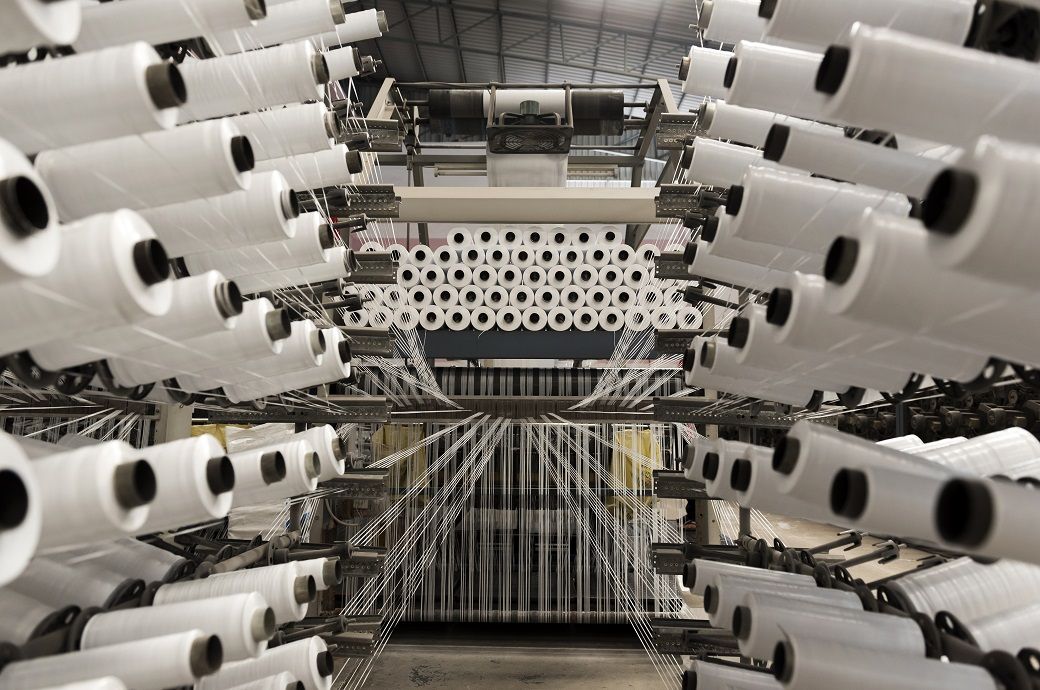
With the downturn in manufacturing orders gathering pace, total inflows of new work showed the sharpest drop for more than three years in July. The sharp decrease in demand for goods reflected a range of factors, including customer hesitancy, destocking, high inflation and rising interest rates, reports from surveyed businesses showed. Data also indicated a decline in new export business across manufacturing.
A lack of incoming new work saw firms make further inroads into their backlogs of work during July. Moreover, the rate of decline was sharp and the quickest seen for over three years. A shrinking pipeline of outstanding business in turn contributed to a weakening of firms’ expectations towards future activity, which turned negative as pessimists outnumbered optimists for the first time since December last year, as per the survey.
In line with reduced inflows of new work and deteriorating expectations, the pace of employment growth across the German private sector slowed sharply in July. The overall rate of job creation was the joint-weakest in almost two-and-a-half years.
Whilst overall price pressures continued to ease during July, there were once again contrasting trends at the sector level. Input cost inflation maintained its downward trend—seen since last October—to reach the lowest for nearly three years. However, the result was driven entirely by a sharp and accelerated drop in manufacturing purchase prices—one of the fastest in the series history.
The situation was similar for output prices. Here, the overall rate of inflation hit a 29-month low, although it was still firmly above pre-pandemic historical average.
Fibre2Fashion News Desk (DP)